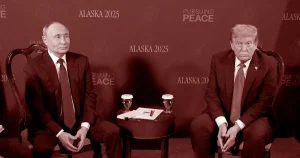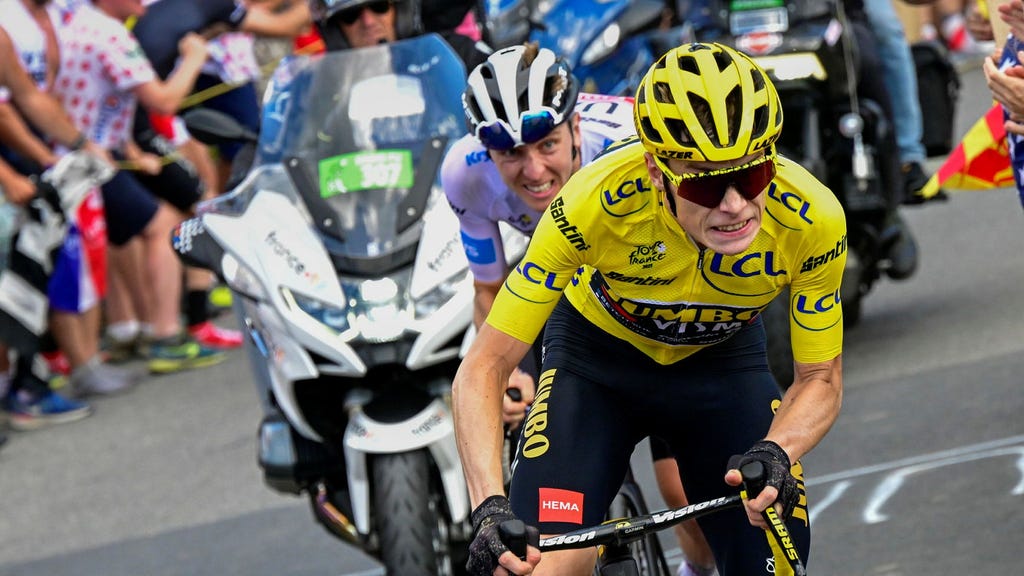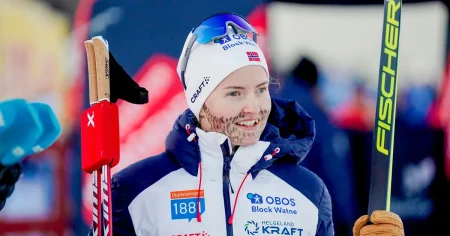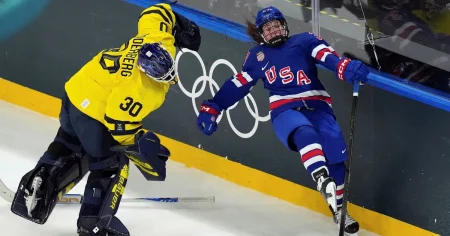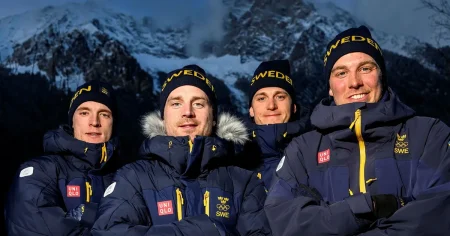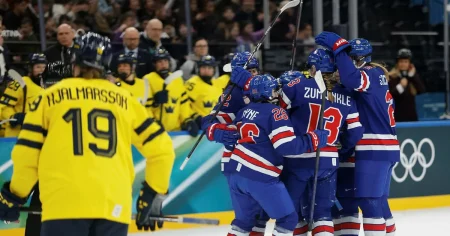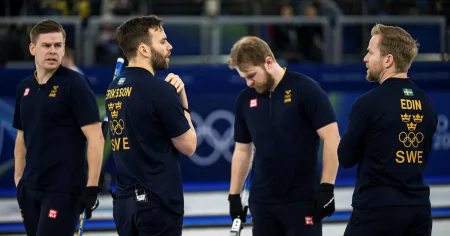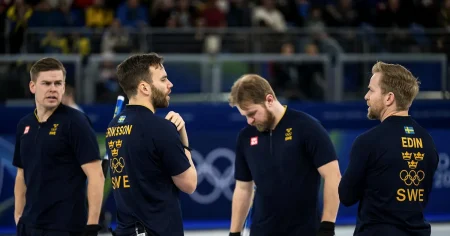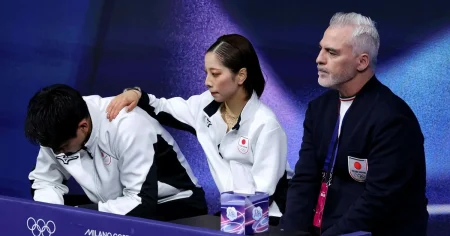The author, Johan Croneman, expresses his disillusionment with modern football, finding it increasingly formulaic and restrictive. This sentiment is humorously juxtaposed with his Boxer dog, Buffa’s, confusion over the complex league standings, highlighting the absurdity of the evolving football landscape. Croneman’s dissatisfaction extends to the seemingly amnesiac nature of football fans, particularly regarding Manchester City’s recent dominance, which contrasts sharply with their historically less successful periods. He playfully mocks the exaggerated reactions of sports pundits to Manchester City’s perceived struggles, suggesting a ”football-free season” to gain perspective. This disillusionment serves as a springboard for Croneman to delve into the world of professional cycling, specifically the Tour de France.
Croneman’s football fatigue leads him to the Netflix documentary series, “Tour de France: Unchained,” which provides an immersive experience of the 2022 and 2023 races. He commends the documentary’s comprehensive coverage, from pre-season preparations and team meetings to the intense moments within the race itself. He praises the access granted to viewers, allowing them to witness the inner workings of the Tour de France ”circus.” While appreciating the documentary’s dynamic pace, Croneman also notes that the relentless editing style, characterized by rapid cuts between interviews and racing footage, occasionally becomes overwhelming. He suggests that incorporating moments of tranquility could further enhance the viewing experience, providing a counterpoint to the constant high-energy presentation.
Central to the documentary, and to Croneman’s fascination with the Tour, is the compelling rivalry between two-time winner Jonas Vingegaard and Slovenian cyclist Tadej Pogačar. Croneman describes their competition as a constant tactical battle, full of psychological gamesmanship. Beyond the pursuit of victory, Croneman emphasizes the profound personal journey inherent in the Tour de France. He quotes a cycling expert who describes the race as a crucible for self-discovery, a grueling three-week test of physical and mental endurance that reveals the true nature of the competitors. This sentiment resonates with Croneman, highlighting the deeper existential themes that elevate the Tour de France beyond mere sporting competition.
Croneman connects his contemporary viewing experience with his appreciation for classic cycling documentaries, specifically Jørgen Leth’s films from the 1970s, ”A Sunday in Hell” and ”Stars and Watercarriers.” He acknowledges a potential nostalgic bias but maintains that these films are essential viewing for any sports documentary enthusiast. ”A Sunday in Hell” focuses on the grueling Paris-Roubaix race, while ”Stars and Watercarriers” examines the Italian Giro d’Italia and features Danish cyclist Ole Ritter. These films, likely seen by Croneman as capturing a purer essence of the sport, underscore his yearning for a more authentic and less commercially driven sporting experience. He expresses hope for future Swedish participation in the Tour, signaling a personal connection to the sport and a desire to see his nation represented on the global stage.
Returning briefly to his opening remarks about football, Croneman contrasts the perceived predictability and commercialism of modern football with the raw physical and mental challenges of the Tour de France. While football seems increasingly dominated by financial considerations and predictable outcomes, the Tour de France, despite its own history of doping scandals, still retains an element of human drama and unpredictable competition. The cyclists’ struggle against themselves and the elements, as depicted in the documentary, offers a refreshing contrast to the often-sterile environment of elite football. Croneman’s appreciation for the Tour de France stems not just from the excitement of the race, but also from the deeper human story it tells.
In conclusion, Croneman’s commentary utilizes his disillusionment with modern football as a point of departure to explore the captivating world of professional cycling through the lens of the Netflix documentary. He praises the documentary’s immersive approach while also offering constructive criticism regarding its pacing and editing. The rivalry between Vingegaard and Pogačar, along with the broader themes of self-discovery and human resilience, captures his imagination. His reverence for classic cycling films and his hope for future Swedish representation in the Tour further underscore his deep appreciation for the sport. By juxtaposing his critique of football with his enthusiasm for cycling, Croneman highlights the values he seeks in athletic competition: resilience, self-discovery, and a sense of genuine human drama, qualities he feels are increasingly absent in the modern football landscape. He leaves the reader with a renewed appreciation for the human element at the heart of sporting endeavor.


